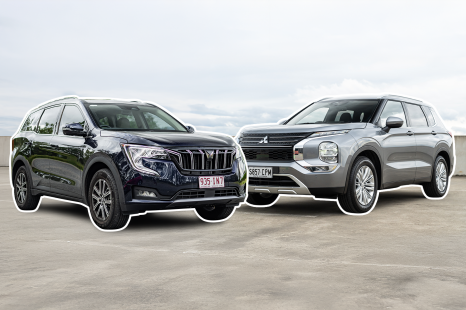

Andrew Maclean
4 Days Ago
Genesis has laid down a line in the sand for petrol and diesel in its cars, vowing to go electric and hydrogen-only by 2030.

News Editor
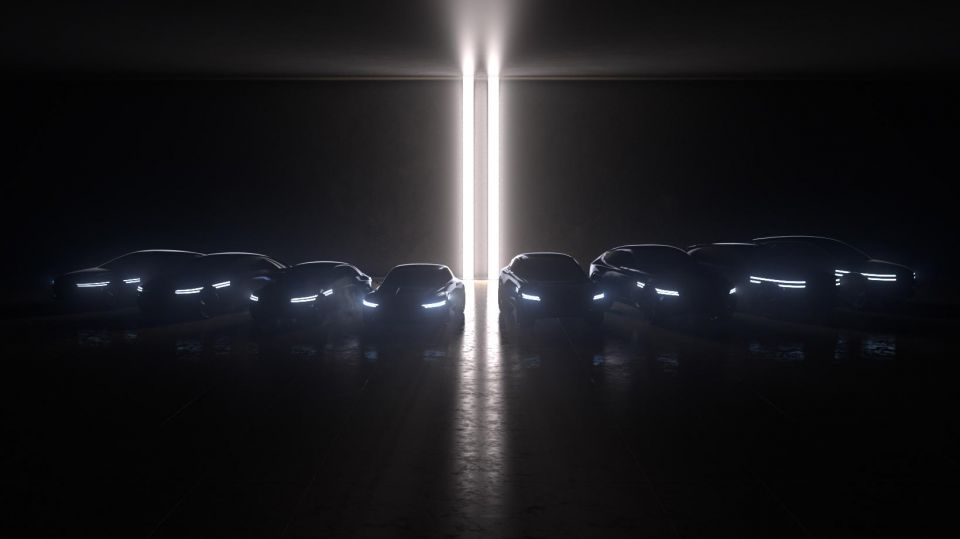

News Editor
Genesis is pursuing a dual electrification strategy, pledging to have an entirely battery-electric and hydrogen fuel-cell range by 2030.
The Korean luxury brand won’t introduce any new internal combustion engine-powered vehicles after 2025.
Beyond that, it wants to be fully carbon neutral by 2035.
It’s aiming to develop new fuel cell systems with higher power outputs, while simultaneously targeting better performance and efficiency from lithium-ion batteries.
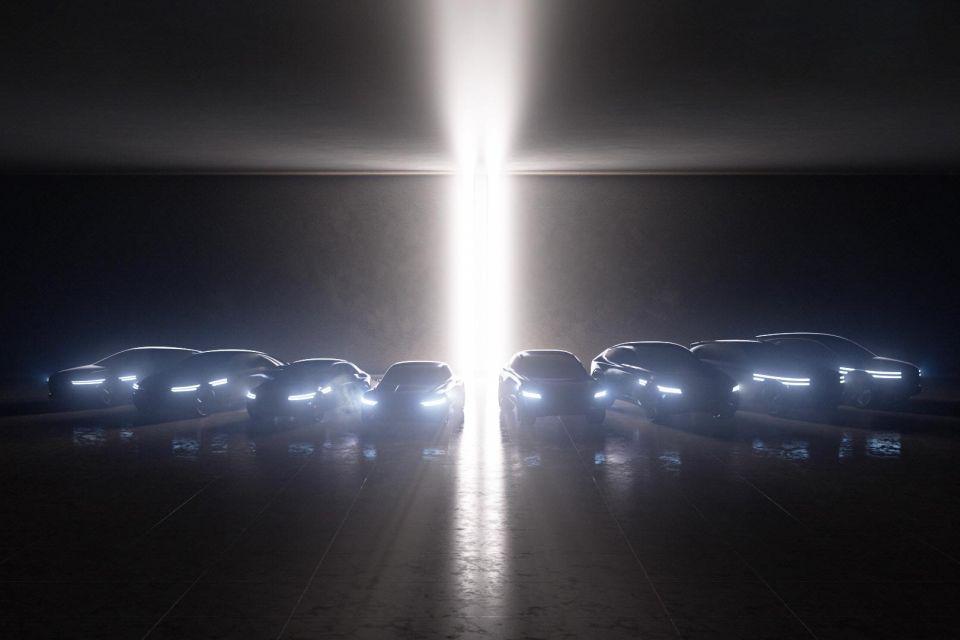
The company also teased its future line-up, which will consist of eight models with a global sales target of 400,000 units per year.
Genesis looks set to continue a three-tier sedan line-up comprising G70, G80 and G90 models, though we can spy what looks like the X Concept coupe revealed earlier this year.
There are four higher-riding models in the teaser. With the introduction of the GV60, Genesis will offer three crossovers from 2022, leaving the fourth model a mystery.
Also of note is how Genesis’ Quad Lamp split-level lighting is more exaggerated on the larger models, with thicker lighting elements wrapping around the front corners of the vehicles.
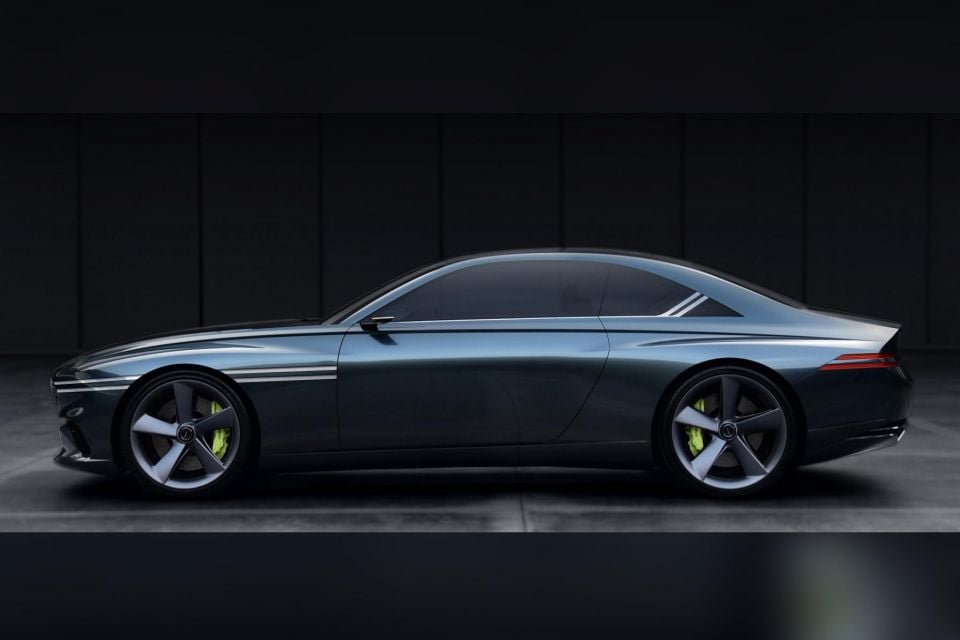
As part of a presentation called ‘Futuring Genesis’, the company also previewed features it may introduce in future vehicles.
These include suicide/coach doors, rotating swivel seats, and improved heating and sound systems.
“Our new architecture will integrate audacious technologies with breathtaking designs while providing sincere detail-oriented experiences,” said chief creative officer Luc Donckerwolke.
“Warm and exquisite care will be our differentiator.”
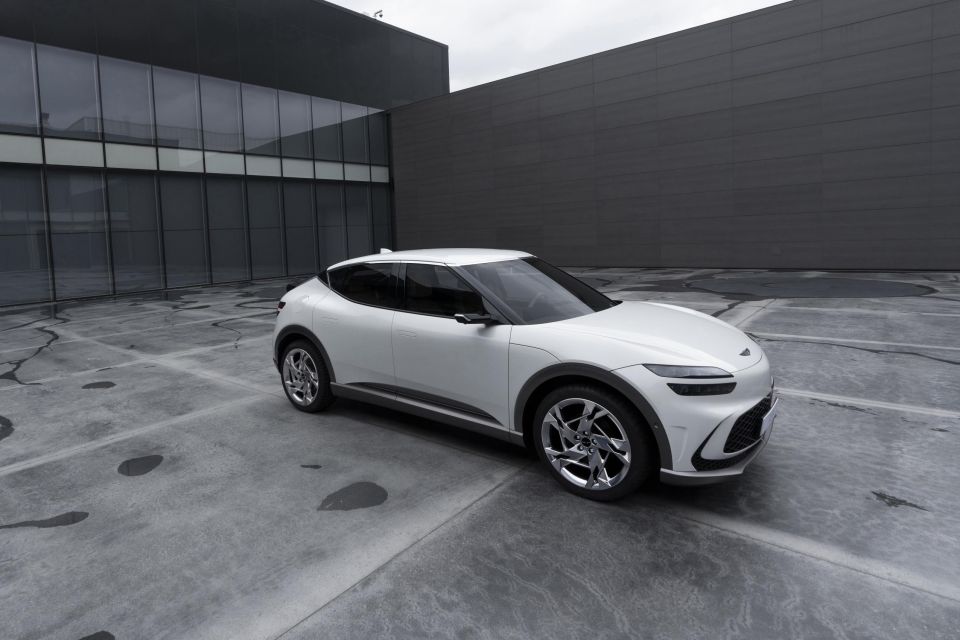
Before it launches any fuel-cell vehicles, Genesis will introduce its first three EVs.
The company has released further images of the GV60 — its mid-sized crossover on the all-electric E-GMP platform — wearing a less polarising paint colour.
Genesis has yet to confirm technical specifications for the GV60, though expect it to use only the more powerful battery-electric powertrains from the Hyundai Ioniq 5 and Kia EV6.
The most powerful Ioniq 5 at first – at least until the N model arrives – produces 225kW of power and 605Nm of torque from its dual-motor setup, good for a 0-100km/h time of 5.1 seconds.
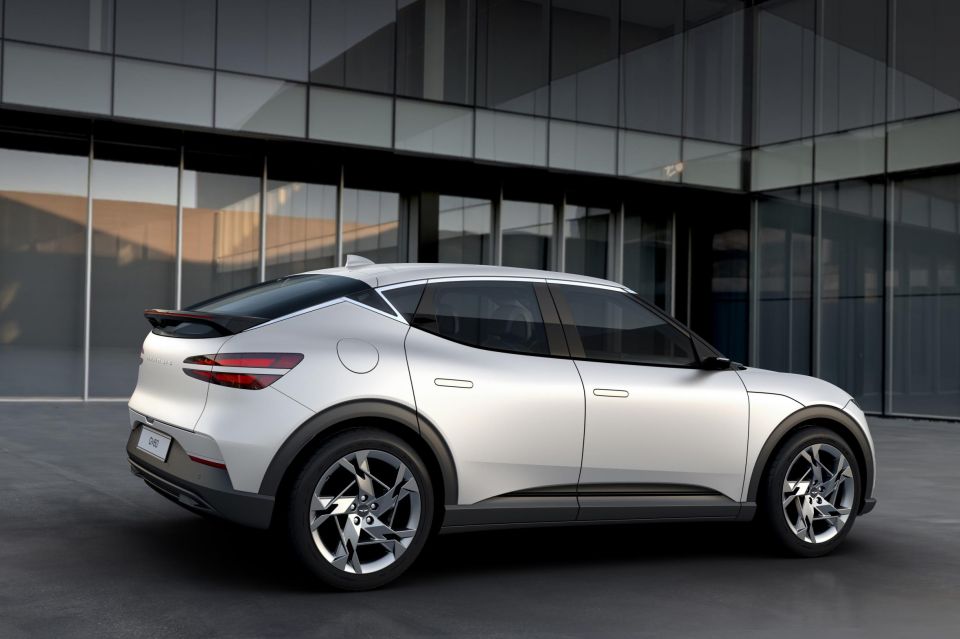
The flagship, all-wheel drive Kia EV6 GT uses a 77.4kWh battery and a dual-motor all-wheel drive set up with 430kW of power, 740Nm of torque, and a 0-100km/h time of just 3.5 seconds.
The GV60 will arrive locally in the first half of 2022, alongside ‘Electrified’ (all-electric) versions of the GV70 crossover and G80 sedan.
Few luxury brands have pledged to introduce hydrogen fuel-cell vehicles, though Genesis’ decision is understandably based on the Hyundai Motor Group’s heavy investment in this technology.
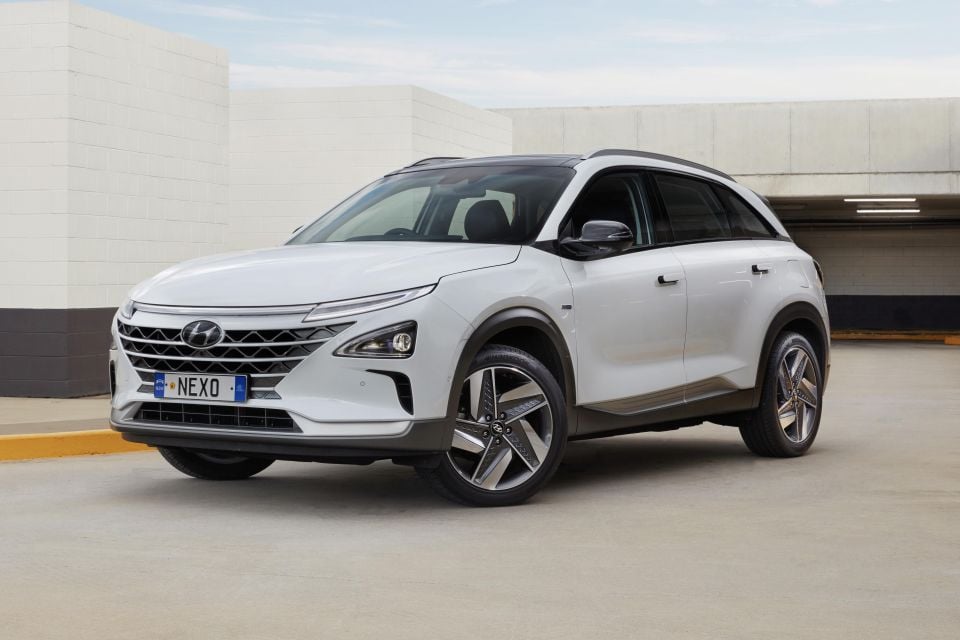
Audi and Mercedes-Benz have ruled out hydrogen for their cars and SUVs, leaving BMW and Land Rover.
The Bavarian brand will produce a small number of hydrogen fuel-cell X5s starting in 2022, and says the technology ought to complement battery-electric vehicles in a zero-emission future.
It’ll reveal the most up-to-date iX5 development car at the 2021 Munich motor show.
Land Rover has already shown a prototype of a hydrogen-fuelled Defender.
Take advantage of Australia's BIGGEST new car website to find a great deal on a Genesis.
William Stopford is an automotive journalist based in Brisbane, Australia. William is a Business/Journalism graduate from the Queensland University of Technology who loves to travel, briefly lived in the US, and has a particular interest in the American car industry.


Andrew Maclean
4 Days Ago
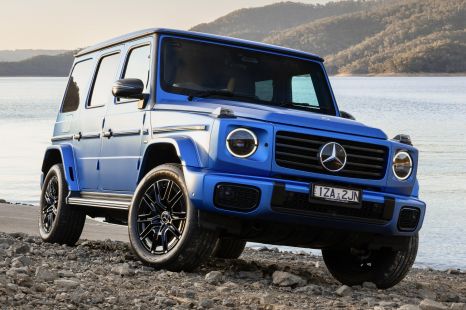

Max Davies
3 Days Ago
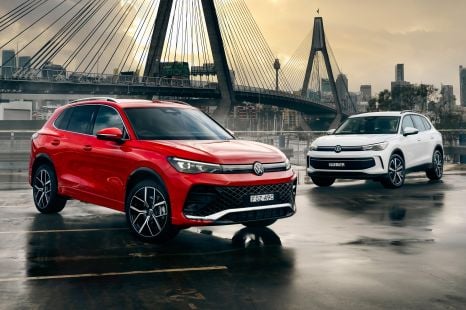

Max Davies
3 Days Ago
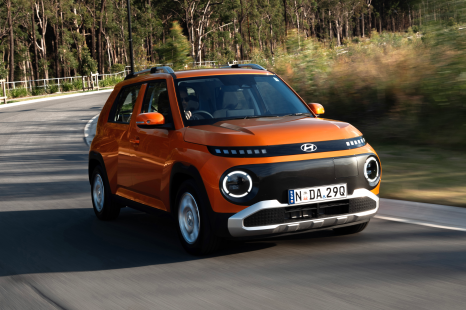

Josh Nevett
3 Days Ago
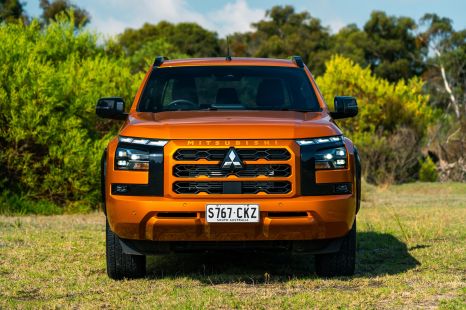

William Stopford
2 Days Ago
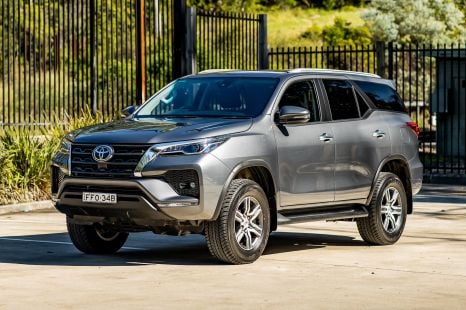

Matt Campbell
2 Days Ago